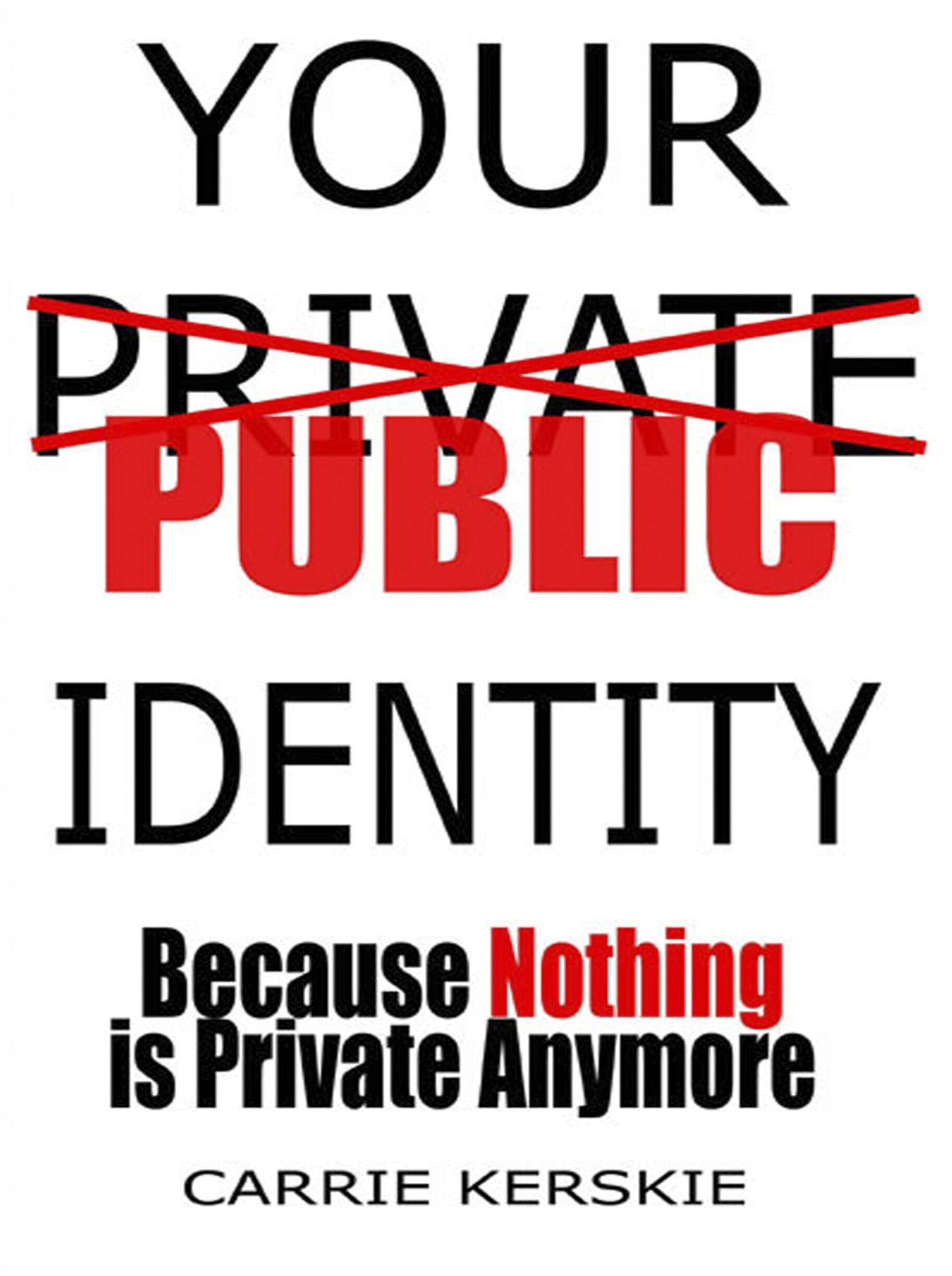The greatest warning sign of a phone scam is the fact that it is an unsolicited phone call, a call that you did not initiate or were not expecting, often from someone that you do not know. However, scammers will pretend to be calling from a well known organization for instant credibility. To help you determine the legitimacy of a call here are a few common phone scams.
- Travel scam: Unsolicited calls offering you “free” or “low cost” vacations are a scam. Often these vacations end up having numerous hidden fees or you could end up paying for a vacation that does not exist.
- Credit and loans: Unsolicited offers to lower your credit score, payday loans, advance fee loans or credit card protection are all scams. These types of phone scams are typical during a down economy. They will promise a service in exchange for paying them a fee. You pay the fee but the service is never rendered. Or you provide them with your credit card and bank account information so they can “help” you but they only help themselves to using your accounts.
- Business and investment opportunities: Unsolicited offers for business or investment opportunities are a scam. Scammers are relying on the fact that business and investing can be complicated and that most people do not research the investment. The caller will sound very professional and convincing promising you a guaranteed return on your investment. The only thing that is guaranteed is that you will never see your money again.
- Charitable causes: Unsolicited requests for recent disaster relief or donations to well known charities are scams. These scams are successful because they tug the heart-strings. Unfortunately it is difficult to determine if the caller is actually with the stated charity or if he is merely using it as a front to steal your money or information. You are better off contacting the charitable organizations that you know directly to make a donation as opposed to making a donation through an unsolicited call.
- Lottery or prize winner: Unsolicited calls notifying you of winning a lottery in which you did not actively participate is a sure sign of a scam. Further, participation in foreign lotteries is illegal. Callers will often state that you are required to pay a fee or tax before they can send you your prize. Or they will ask you for your bank routing and account information so they can wire you the prize. ALL OF THESE ARE SCAMS.
- Extended car warranties: Unsolicited calls selling you an extended car warranty are scams. Scammers can easily find out what kind of car your drive and when you bought it. Both of these are used to gain your trust so they can urge you to buy an overpriced, or worthless, extended warranty.
- “Free” trial offers: Unsolicited calls regarding “free” trial offers are a scam. These companies use the free trial offer to sign you up for products which cost you lots of money. What they neglect to tell you is that when the free trial period ends you will be billed every month until you cancel. They will also make it very difficult for you to cancel the service.
- Owe money or arrested: Unsolicited calls stating that you owe money and if you do not pay immediately an arrest warrant will be issued are scams. These are the worst type of call as they use fear and intimidation to coerce you in to complying with their request. Scammers will often claim to be with the IRS or some other governmental agency. This is done to instill fear. When you begin to question them they become aggressive and threaten to have you arrested.
What Can You Do?
Your best defense is to simply hang up the phone. You do not owe them your time or an explanation. You do not have to be nice to them or worry about hurting their feelings. They are professional scammers. Their only goal is to steal from you. The more you try to tell them “no” the harder they will pressure you. If you consistently hang up the phone the scammers will move on to an easier target, one that will play their game.
After receiving a scam call you should tell someone. This could be your local law enforcement, a relative, or a trusted advisor. By telling someone you help warn others about the scam so they too can be prepared. Sometimes if law enforcement receives enough complaints about a scam call they will notify the public through the media.
Still Not Sure
If you are still not sure if the call you received was legitimate or a scam here are a few things to remember.
- An unsolicited call is often the first warning sign of a scam.
- The IRS will NEVER call you regarding owed taxes.
- Was there a sense or urgency, you must do it now or else? This is a favored tactic of scammers. Take your time, ask a trusted advisor before sending money or agreeing to an offer.
- If someone threatens you with arrest contact local law enforcement immediately.
- Caller ID can be manipulated to display whatever the caller wants it to display.
- If the call is claiming to be from your bank or a company you do business with hang up and call the business directly. NOTE: do not call the number shown on your caller ID, see number four.
- Scammers can build a profile on you from public records found online.
- Speak with your financial advisor about business or investment offers. That is why you have him or her.
- IF IT SOUNDS TOO GOOD TO BE TRUE, IT IS A SCAM.
There is a reason phone scams have been around since the invention of the telephone – they work and are very profitable. In this day and age we can no longer trust then verify. We must verify, verify again, and verify again before even thinking about trusting or your too will become the next victim of a phone scam. You have the right to ask questions, or better yet, simply hang up the phone.


